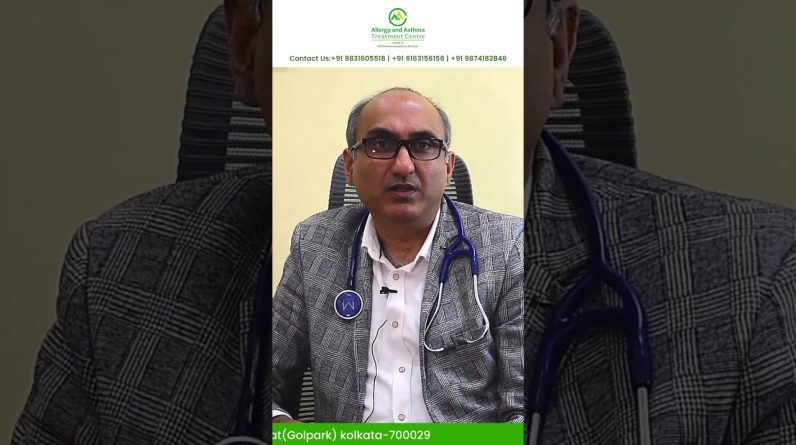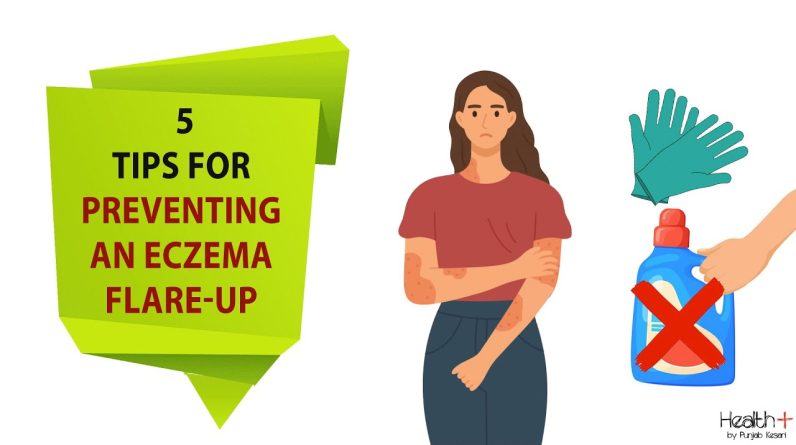ഗോതമ്പും ,മൈദയും കഴിക്കുന്നവർ ഈ വീഡിയോ കാണാതെ ഇനി കഴിക്കരുത് /Baiju’s Vlogs /Dr Manoj Johnson
What is gluten intolerance?
You may have a gluten intolerance if you get sick after eating gluten, a type of protein. You might feel tired, nauseous or bloated. Another name for gluten intolerance is non-celiac gluten sensitivity (NCGS).
What is gluten?
Gluten is a protein found in wheat, barley, rye and other grains. It’s in a lot of common foods and drinks, including pasta, cereal and beer. Gluten can also be in things like vitamins, cosmetics and even certain medications.
Are gluten intolerance and celiac disease the same thing?
Gluten intolerance and celiac disease are different. People with celiac disease have an autoimmune response to gluten. This means their bodies try to fight against gluten as if it were a virus. This reaction causes inflammation and damage to their digestive tracts. Celiac disease is the result of an abnormal gene. People with celiac disease also have high levels of certain antibodies in their blood, which are substances that fight gluten.
Gluten sensitivity and celiac disease cause a lot of the same symptoms. But people with gluten sensitivity don’t have an abnormal gene or antibodies in their blood.
Is gluten intolerance a gluten allergy?
An intolerance and a food allergy aren’t the same. A food allergy, such as a wheat allergy, is when your immune system overreacts after you eat a certain food. An allergy might cause itching, vomiting or shortness of breath. Gluten intolerance isn’t an allergy to gluten.
Who gets gluten intolerance?
Anyone can have a gluten intolerance, though it’s more common in women. Some people are born with a gluten intolerance; others develop it later in life.
How common is gluten intolerance?
Research suggests that about 6% of the U.S. population is gluten intolerant. It’s more common than celiac disease, which affects about 1% of the population.
What causes gluten intolerance?
The exact causes of gluten intolerance aren’t well understood. Some research shows that people may not be sensitive to gluten, but to a certain carbohydrate found in many foods. Their bodies don’t absorb the carbohydrate as they should. It stays in their guts and ferments, causing sickness.
Other research suggests that wheat might affect the lining of some people’s digestive tracts. This lining usually keeps bacteria from leaking out of your intestines. But in people with a gluten intolerance, the lining may not work as it should, allowing bacteria into their blood or liver and causing inflammation.
What are the symptoms of gluten intolerance?
People may experience the following symptoms for several hours or days after they consume gluten:
Abdominal pain.
Anemia.
Anxiety.
Bloating or gas.
Brain fog, or trouble concentrating.
Depression.
Diarrhea or constipation.
Fatigue.
Headache.
Joint pain.
Nausea and vomiting.
Skin rash.
source








